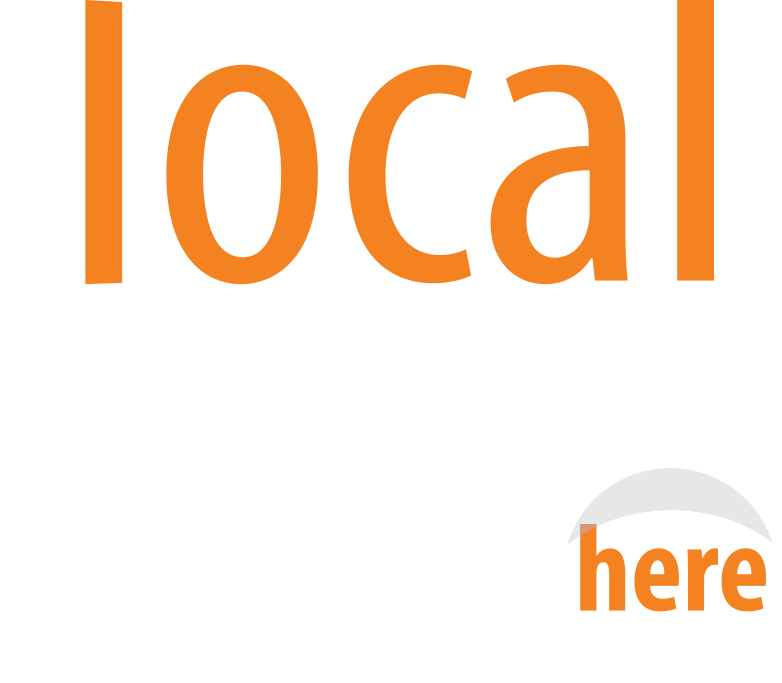‘Forward Bookings’ is the term the accommodation industry uses to describe future bookings that a property has secured, but the guests haven’t arrived yet. Every property owner likes to have lots of forward bookings because they provide a guarantee of future income, but there are lots of factors that influence how many forward bookings a property may have at any point in time. Assuming you have an attractive property, you are being marketed on all of the main booking platforms, and your prices are competitive, the 2 main factors that influence forward bookings are as follows:
TIME ON THE MARKET
It is pretty obvious that the longer your property has been advertised, the more likely it will have forward bookings. This is especially true for properties that have been available for years, as they typically build up a strong following of return guests, so long as they remain consistently available for guests to book – see ‘Owner Bookings’ section below. Many people also book holidays a long time in advance, especially for Christmas holidays. Properties that come on the market just before Christmas will struggle to achieve bookings because the vast majority of Christmas holiday makers will have made their bookings up to 12 months earlier, and your property hasn’t been around long enough to secure return guests. So time on the market and consistent availability matters (a lot), and property owners should factor this into their planning, and expect bookings to be slow at first or after extended periods on non-availability.
ECONOMIC CONDITIONS
When interest rates, inflation and cost of living pressures are low, consumer confidence is surging and the holiday letting industry is booming. Similarly, when the economy is struggling and families with mortgages are hurting, holiday bookings slow right down. In many ways, the holiday industry is a pretty accurate barometer of the economy. Strong economy – lots of bookings. Struggling economy – less bookings. The properties most likely to suffer the most from poor economic conditions are high end, large and expensive houses and apartments. Property owners sometimes cannot see the connection between the 6 o’clock news and their forward bookings, and this can be particularly true for owners who are quite affluent and may be more insulated than most from challenging economic conditions. However, when the Reserve Bank increases interest rates, their objective is to take money out of people’s pockets to slow down expenditure, and this affects guests. Simply put, families with less money go on holidays less when interest rates are high. When economic conditions improve and interest rates drop, people have more money to spend and start going on holidays again.
Some other factors that influence forward bookings to a lesser extent include:
SEASONS
Each holiday destination has high and low seasons. In Queensland, the higher seasons are Spring and Summer. The lowest season is the period between February to Easter, and again around November. Naturally, the high season at the snow resorts is over Winter and Spring. High seasons in capital cities are generated by major events such as sporting finals, tennis tournaments, grand prix racing, horse races etc. Forward bookings are at their strongest in all holiday destinations prior to high seasons, assuming your property has been advertised long enough to secure guests who typically book well in advance.
MARKETING
Holiday accommodation is a very competitive industry. It still amazes us that some owners do not market their properties on all of the well known platforms that dominate the industry. These include Booking.com, AirBnB, Stayz, HomeAway, Trivago and more. These platforms account for the vast majority of non-direct bookings and so it makes sense to have your property advertised on all of them. At the end of the day, you will make less money and have less forward bookings if you are not marketed on all of these sites.
AVAILABILITY
It is common for holiday guests to just want a weekend away, so they are after accommodation on Friday and Saturday night and drive home on Sunday. This is the most popular form of booking and particularly true for holiday destinations within a couple of hours’ drive from a capital city. However, many holiday owners do not want bookings for less than 3 days. We are not sure how this number was arrived at, but it is common throughout the industry. The end results is hundreds (probably thousands) of holiday properties vacant over weekends, earning nothing. It makes much more sense for these property owners to accept 2 night bookings, but charge the same price as a 3 night stay. Guests will still make bookings, and you will make the same amount as a 3 night booking with your property being used 1 day less.
OWNER BOOKINGS
Owners have every right to make bookings in their own holiday property, and for many owners, this is the primary reason they have a holiday property in the first place. At the same time, many guests like to constantly return to a property they have enjoyed in the past, but if they can’t get in because the owner has it booked, they are highly likely to find a different property they can confidently rebook year after year. Similarly, some booking platforms such as Booking.com won’t display properties on their website if they believe the property is not available enough nights per year for guests. Return guests are a strong source of forward bookings for many properties, and owners need to weigh up their personal use versus guest availability if they are keen to maximise their incomes.
So, which properties secure the most forward bookings?
All properties will struggle to maintain forward bookings during difficult economic times. However, good properties that have been around for a while, have built up a strong return guest following, are advertised on all the main platforms, are flexible in their minimum night restrictions and are available most of the time, will consistently secure more than their share of forward bookings in any market.

